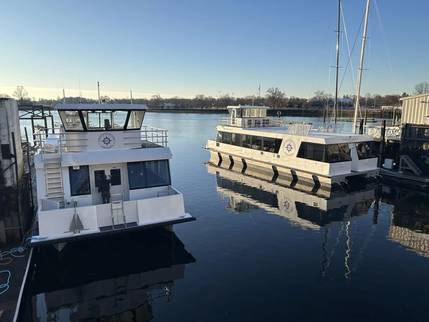The U.S. Coast Guard announced today it will discontinue broadcasts from its remaining 38 Differential GPS (DGPS) sites over the next three years, completing system reductions that began in 2016.
The staged reduction of the remaining Coast Guard DGPS broadcast sites will begin in 2018 and end with the last broadcast of GPS corrections over medium frequency in 2020.
The U.S. Coast Guard Navigation Center has operated the Nationwide DGPS Service since 1999 to broadcast correction signals on marine radiobeacon frequencies to improve the accuracy and integrity to GPS-derived positions.
Lt. Cmdr. Michael Patterson, chief of the Aids to Navigation and Positioning, Navigation and Timing Division, said, “The Coast Guard no longer has a mission requirement for DGPS.”
“GPS provides sufficient positional accuracy to meet navigation requirements for harbor approaches and to position Federal Aids to Navigation,” Patterson said.
Patterson said other commercial and government GPS augmentation systems are available for GPS users. The observed accuracy of un-augmented GPS increasingly exceeds the 10-meter accuracy requirements for harbor navigation and harbor approaches.
The National Differential GPS system was significantly reduced between 2016 and 2017 with the discontinuance of all 28 of the Department of Transportation inland broadcast sites, all seven U.S. Army Corps of Engineers (USACE) broadcast sites, and 10 U.S. Coast Guard maritime broadcast sites.
Since 2016, the Coast Guard has affirmed that the positional accuracy provided by un-augmented GPS and GPS augmented by the U.S. Wide Area Augmentation System (WAAS) is sufficient to meet Coast Guard mission requirements and navigational requirements for harbor approach.
The Coast Guard said it will release the specific termination dates for each broadcast site via local notices to mariners.













